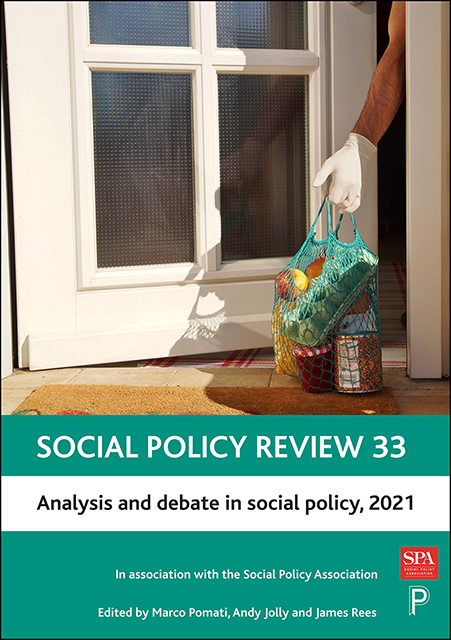1 - Locked down or locked in? Institutionalised public preferences and pandemic policy feedback in 32 countries
Published online by Cambridge University Press: 14 April 2023
Summary
Introduction
The COVID-19 pandemic is the most severe worldwide public health crisis since the ‘Hong Kong Flu’ of the late 1970s. According to the Johns Hopkins Coronavirus Resource Center, the number of confirmed deaths worldwide from COVID-19 by December 2020 surpassed 1.5 million. This rapidly spreading virus tested the limits of governance soon after its outbreak. On the one hand, the strength and speed of government responses to a pandemic prevent infection and save lives (Wilder-Smith et al, 2020); but on the other hand, the public will only tolerate so much government ‘lockdown’ and will engage in behaviours that cause political turmoil and increase infections in response. Most theories of governance suggest that government actors respond to public opinion when making public policy. Therefore, we explore whether the variation in response to this pandemic met public preferences, and if not, whether it led to risky public behaviours.
Governments around the world varied in the timing and severity of measures such as national lockdowns, imposing curfews and contact tracing. Surprisingly, strict lockdowns early in this pandemic often led the public to become more supportive of incumbent governments and democratic institutions (Baekgaard et al, 2020; Bol et al, 2020; Reeskens et al, 2020), known as the ‘rally around the flag’ effect. However, after some time, more and more members of the public began acting against government regulations by refusing to wear masks, holding social gatherings or even engaging in mass protests. We question how many of these anti-lockdown behaviours can be explained as a result of policy feedback from governments’ initial responses to the pandemic.
In a basic policy responsiveness model, governments act as representatives of the public and thus should formulate policies that follow public expectations (Page and Shapiro, 1983; Stimson et al, 1995; Wlezien, 1995; Manza and Cook, 2002). From an institutional theory perspective, path dependency suggests that governments are unlikely to engage in policymaking that is far removed from what the public expect (Pierson, 2004; Rasmussen et al, 2019), as the cost is simply too high from an electoral maximisation and practical standpoint (Huber and Powell, 1994; Adams et al, 2004, 2006; Adams, 2012). At the same time, policy shapes public opinion, leading some to propose that opinion and policy operate in equilibrium with one another, which creates feedback keeping things on a stable trajectory (Jones and Baumgartner, 2012; Breznau, 2017).
- Type
- Chapter
- Information
- Social Policy Review 33Analysis and Debate in Social Policy, 2021, pp. 5 - 28Publisher: Bristol University PressPrint publication year: 2021



